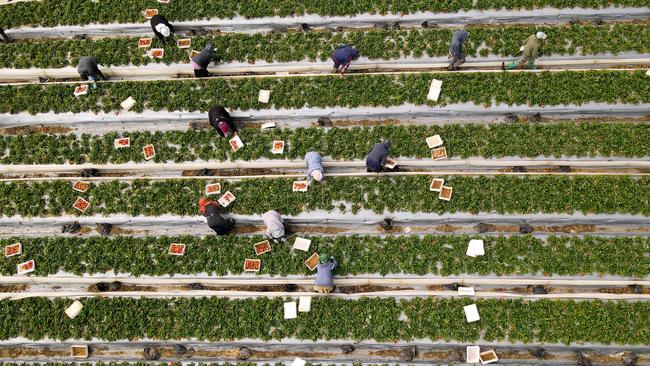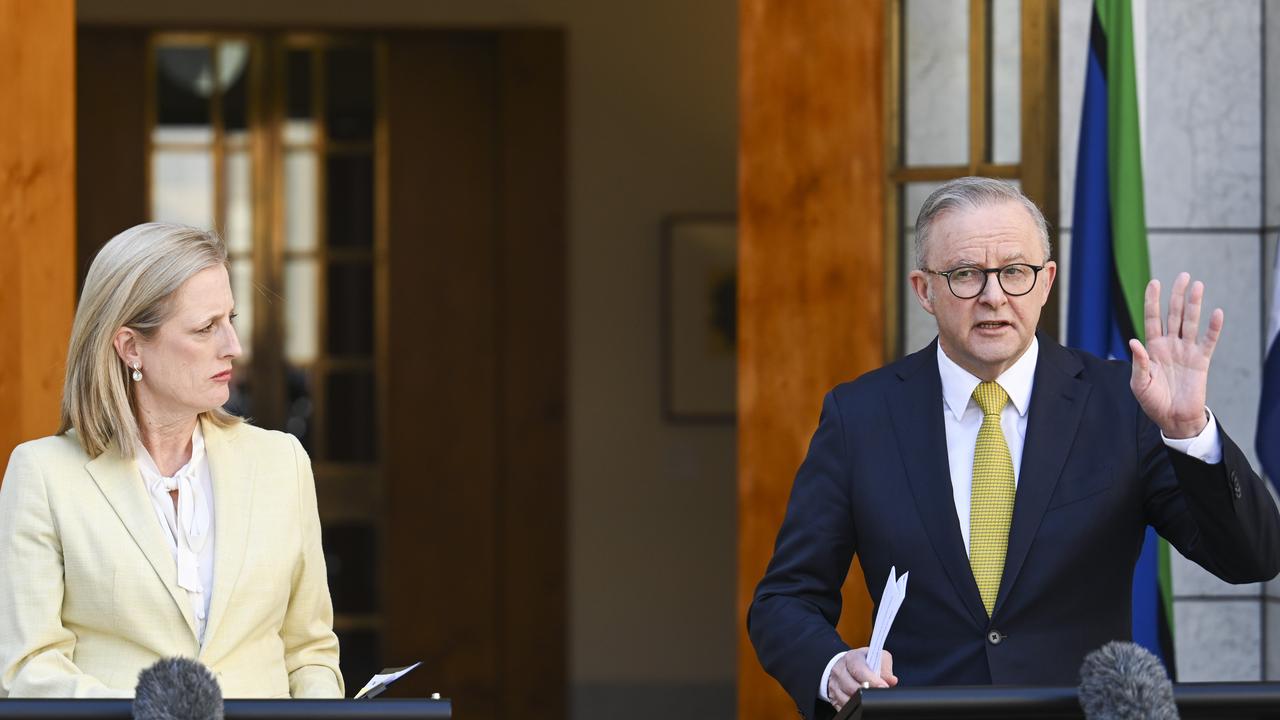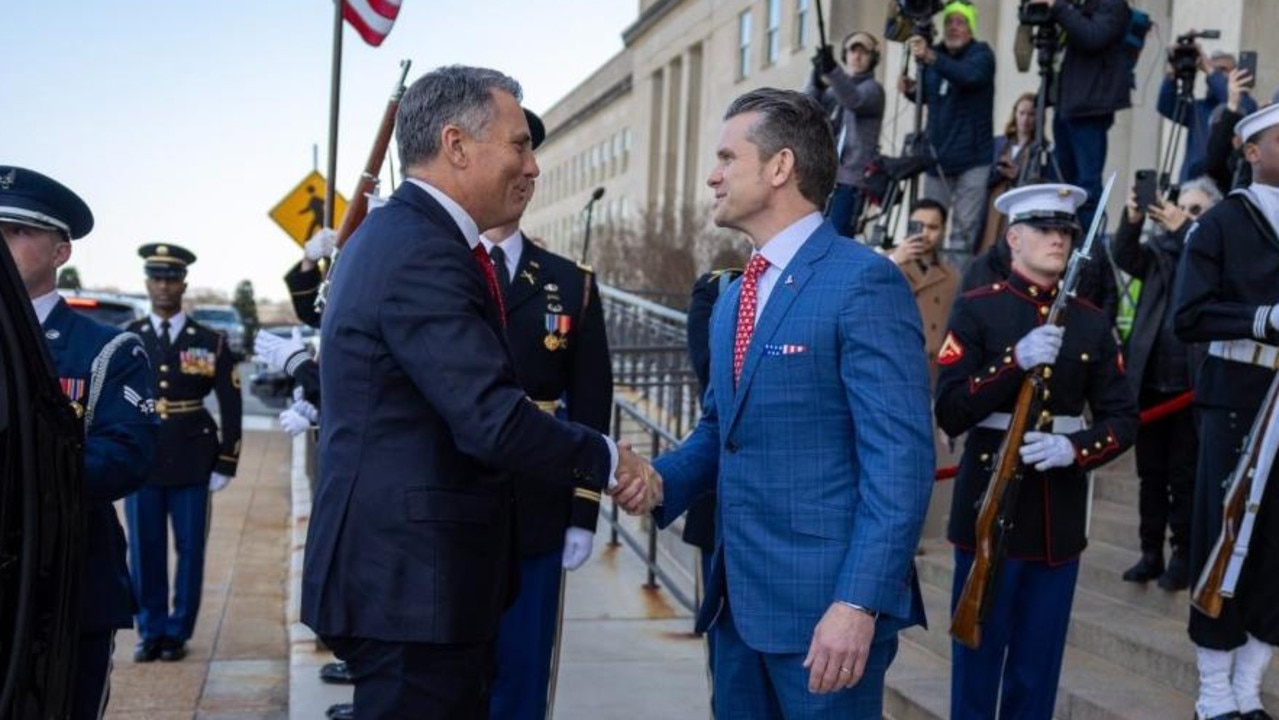ASEAN baulks at providing ag visa workers
The Philippines – one of the world’s biggest labour exporters – has withdrawn from participating in the Coalition’s program.

The Philippines – one of the world’s biggest labour exporters – has withdrawn from participating in the Coalition’s new agriculture visa program as the Morrison government struggles to sign up Southeast Asian nations.
Other members of the Association of Southeast Asian Nations, which includes Thailand, Vietnam and Laos, are understood to be hesitant after concerns were raised by the Australian Workers Union over labour conditions under the agriculture visa.
The Department of Foreign Affairs and Trade has focused negotiations on four key regional partners with close immigration ties but only Indonesia has expressed positive interest.
The Philippines, Thailand and Vietnam are cooler on the visas due to hesitancy about sending workers overseas as their economies grow. In contrast, the Pacific workers scheme drives economic growth in smaller developing nations and is considered more beneficial to Australia’s national interests in pushing back against China.
Agriculture Minister David Littleproud said Foreign Minister Marise Payne – who is in Munich holding high-level talks about the Ukraine crisis – promised to prioritise visa negotiations in January and the Nationals expected results before the election.
“This was promised by the Prime Minister to the National Party as part of the UK FTA negotiations,” he told The Australian.
“We made it clear to our Coalition partners we had to have an agricultural visa with Asian countries … and that was for skilled, semi-skilled and unskilled workers.
“The visas are in place as of October last year and the only thing required is for Marise Payne to complete the bilaterals.
“We’ve done the legwork in the Agriculture Department, we’ve approved labour hire companies and we’re ready to roll.
“We’ve been sitting, waiting for Marise to finish negotiations.”
AWU national secretary Daniel Walton said “no nation will want to expose their citizens to our horticulture sector until they believe the Australian government is serious about ensuring proper safeguards”.
“The meetings we’ve had with ambassadors are confidential but if there are nations now formally withdrawing from engagement with the visa, I can confirm that is entirely consistent with the tenor of the discussions we’ve been having. I would expect to see the others following suit shortly,” Mr Walton said.
“Our union will always fight against the abuse and exploitation of workers in this country and if that means engaging with foreign embassies, then that is precisely what we’ll do.”
A DFAT spokesman said talks with Indonesia were “advanced with details to be finalised soon and recruitment to start after negotiations are complete”.
“We are in discussions with a number of other countries in Southeast Asia. These are sovereign nations that have their own interests and expectations, which we respect. The discussions are complex. We are committed to getting the settings right – for employers, workers and participating countries,” he said.
Mr Walton said “if Asian nations are rejecting this agriculture visa, it’s not because they trust the AWU blindly”.
“It’s because they’ve probably read the 11 independent reports since 2016 that have confirmed widespread abuse of foreign workers on Australian farms,” he said.
Mr Littleproud said Labor was continuing to “play a small target strategy led by their political masters the AWU and won’t commit to supporting the ag visa”.
“Consumers need to understand that they’re going to pay at the check-out … and the cost of living will go up,” he said.



